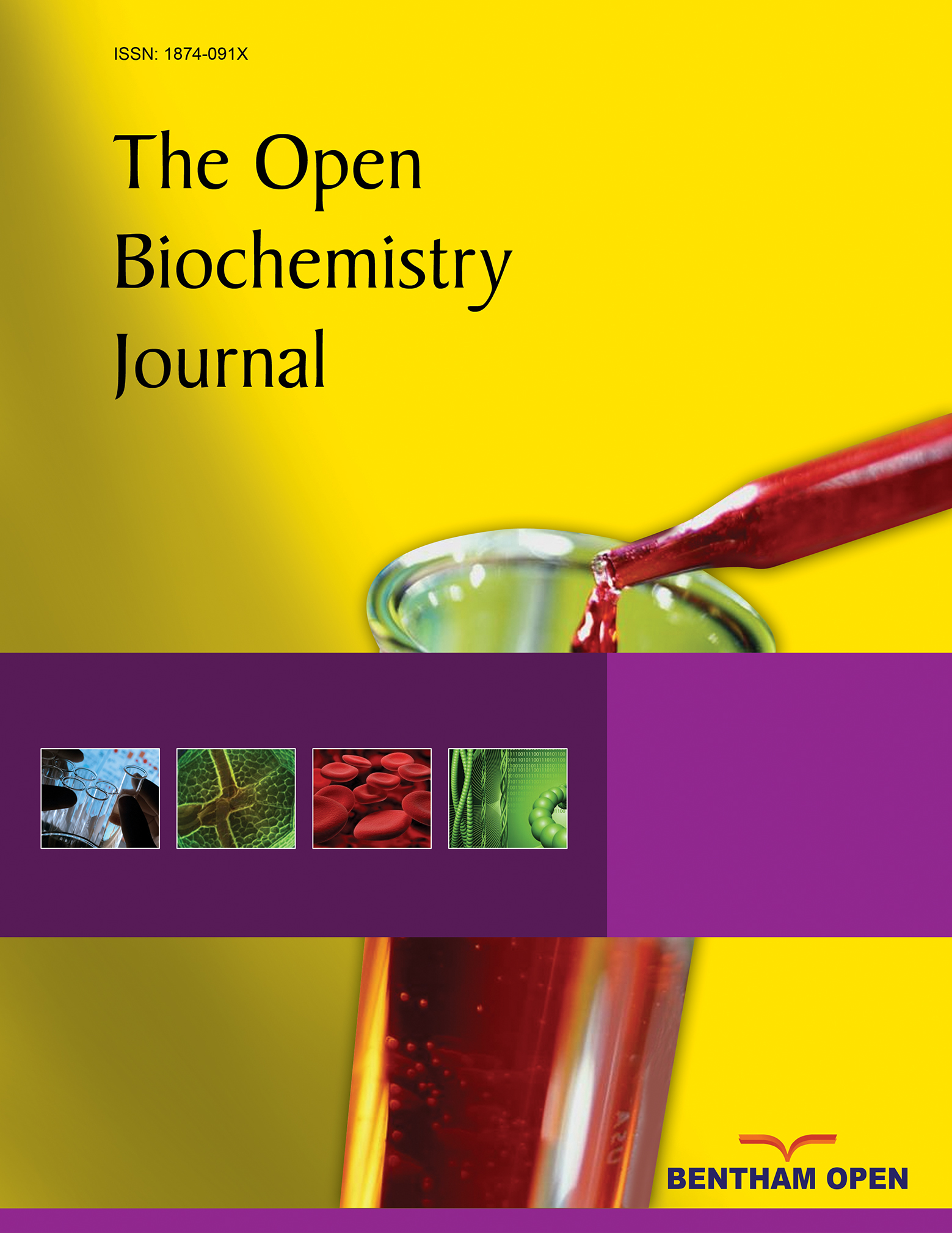Phytochemical Approach and Bioanalytical Strategy to Develop Chaperone-Based Medications
Abstract
Currently, no pharmaceuticals for the etiological treatment of degenerative protein-misfolding diseases (e.g., ALS, Alzheimer’s or prion diseases) are commercially available. In this technical note theoretical considerations and practical approaches concerning the development of chaperone-based medications from medicinal plants (e.g., Ginkgo biloba) are reviewed and discussed in detail. Phytochaperones and other agents isolated from medicinal plants are proposed to serve as the general basis of drug development in protein-misfolding diseases.


